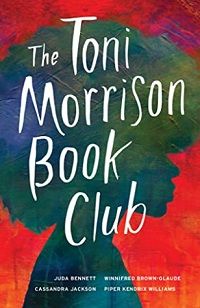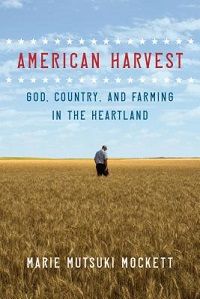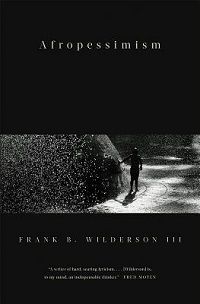I’ve been on the hunt for great new nonfiction, particularly books that mix genres in some way. I especially love books that use memoir as a starting point to explore the larger world. The books I’ve found below combine memoir with history, travel, philosophy, literary criticism, politics, religion, and more. Through these books, you can learn about lighthouses, harvesting, race theory, rereading, and the cultural importance of Toni Morrison. Check out the list and see if one of these books catches your eye!
On Lighthouses by Jazmina Barrera, Translated by Christina MacSweeney
This is a book about lighthouses but also about travel, isolation, time, history, and collecting. Jazmina Barrera takes readers on a tour of the lighthouses she has visited, charting their history, traditions, technologies, and future. She contemplates famous literary depictions of lighthouses and what it’s like to be a lighthouse keeper. The book describes Barrera’s travels and the nature of her obsession, and also contemplates the many things lighthouses signify and represent. It’s a meditative mix of ideas, emotions, and observations. Barrera’s writing is clear and evocative, and the book’s meandering form is a perfect way to capture the dangerous spaces where sea and land meet.
 The Toni Morrison Book Club by Juda Bennett, Winnifred Brown-Glaude, Cassandra Jackson, and Piper Kendrix Williams
The Toni Morrison Book Club by Juda Bennett, Winnifred Brown-Glaude, Cassandra Jackson, and Piper Kendrix Williams
Four friends who love Toni Morrison collaborated on this mix of memoir and literary criticism. The friends come from various backgrounds: three are Black, one white; one is gay; one an immigrant. The book uses secrets from the authors’ lives—some large, some small—as a springboard for each author to dive into personal stories that they relate to one of Morrison’s novels. The novels help illuminate their lives and their lives illuminate the novels. The authors effectively balance memoir and criticism to keep their work accessible to those who haven’t read all or even any of Morrison’s work. The result is a moving, memorable tribute to the power of Morrison’s writing.
 Unfinished Business: Notes of a Chronic Re-Reader by Vivian Gornick
Unfinished Business: Notes of a Chronic Re-Reader by Vivian Gornick
Love to read about books? Unfinished Business is one of the best meditations on books and reading I’ve ever come across. Vivian Gornick uses books to chart how she has changed over the years. She rereads some of her favorites, including works by D.H. Lawrence, Colette, Marguerite Duras, Doris Lessing, Natalia Ginzburg, and others, and contemplates the new meanings the books have accumulated. She writes about her life with warmth and verve, and her stories will fascinate whether you know anything about Gornick or not. Her insights into literature are rich and feel honest and hard-earned. Gornick is a captivating writer: her energetic prose style combined with sharp intelligence years of wisdom make for a wonderful read.
 American Harvest: God, Country, and Farming in the Heartland by Marie Mutsuki Mockett
American Harvest: God, Country, and Farming in the Heartland by Marie Mutsuki Mockett
Marie Mutsuki Mockett grew up in California, but her family has owned a farm in Nebraska for generations. Her family’s harvester invited her to join his team as they travel from Texas north, following the ripening wheat. She wants to understand cultural differences between her secular, multi-cultural, organic-food-loving coastal friends and the white, evangelical, GMO-advocates among Midwestern farmers and harvesters. American Harvest is the story of her travels and an account of the conversations, church services, and harvesting sessions she experienced along the way. It’s a moving account of what it’s like to be a person of color traveling through the Midwest and a thoughtful, compassionate attempt to understand and bridge deep-rooted cultural divides.
 Afropessimism by Frank B. Wilderson III
Afropessimism by Frank B. Wilderson III
This book combines memoir and philosophy to make an argument about what it means to be Black. Wilderson writes about growing up in Minneapolis, studying with Edward Said, living in Berkeley and South Africa, and a lot more. The book begins with a harrowing description of Wilderson’s mental health breakdown. As he tells his story, Wilderson argues that subjugating Black people is fundamental to the way non-Black people form their identity and their understanding of themselves as human. He argues that anti-Blackness is baked into our civilization and the only honest response to the situation is to acknowledge it. It’s a challenging argument that, combined with Wilderson’s absorbing memoir, makes for a powerful read.
Looking for more great nonfiction? Check out this list of innovative nonfiction from 2020 and this round-up of the 50 best nonfiction books.












